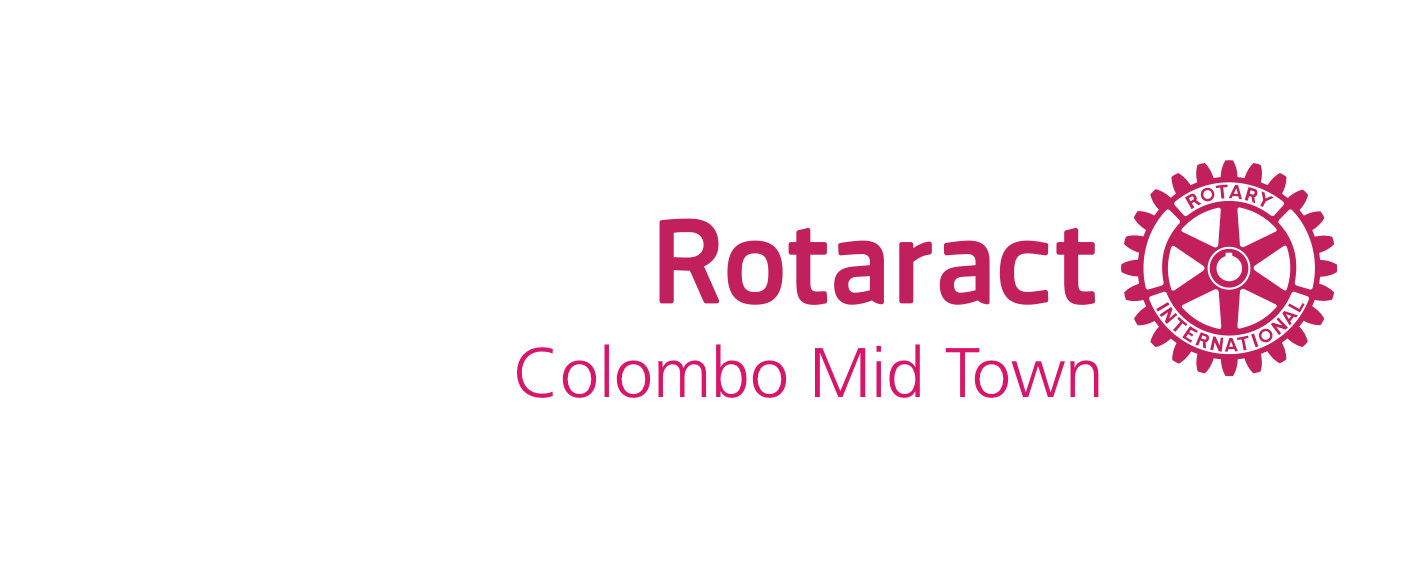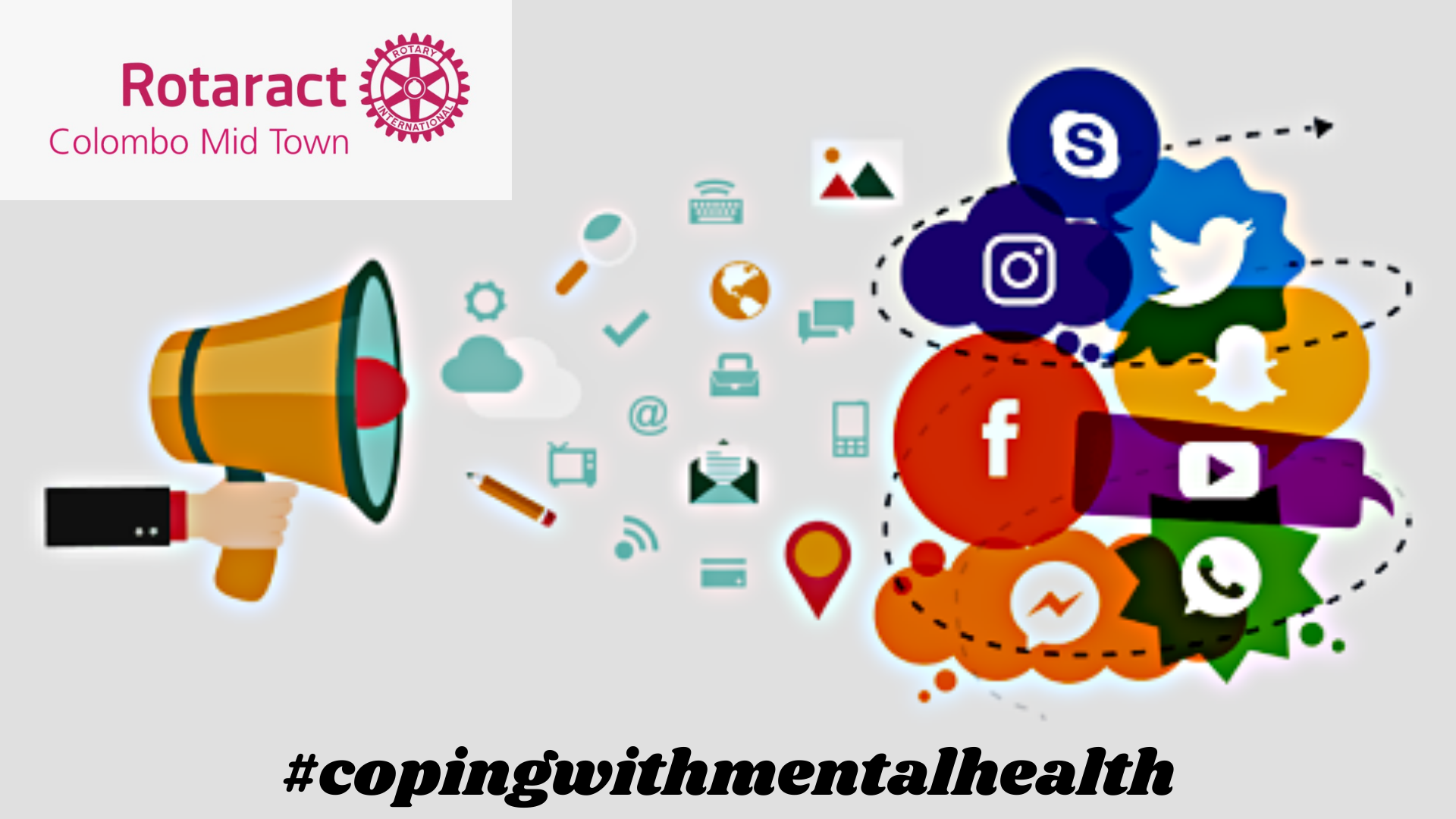Social media has a massive impact on our day-to-day live. From influencing ways in which we communicate with one another, to altering the ways in which we think about our lives. This impact is clearly visible in light of the ‘post covid-19’ period where the absence of social media would have plunged the world into chaos, due to each passing day spent at home becoming a stressful and difficult task. With nearly 40% of Sri Lankans having access to multiple social media platforms, it is evident that the youth rely excessively on these platforms rather than placing trust on their better judgement.
According to the British Council of Sri Lanka, platforms such as Facebook, WhatsApp and YouTube are the most popular social media platforms in the country, where users try to interact with friends and family over these platforms. Surprisingly nearly 40% of the respondents did not trust information published on these platforms sometimes, as they had credibility concerns. The spread of misinformation, disinformation and hate speech has significantly increased during the COVID-19 pandemic making it difficult for youth to find elements of fun and connection on these platforms.
With all these concerns being raised on social media we are pushed to question ourselves “Is social media influencing our lives too much?”
To understand this we, the Rotaract club of Colombo Mid Town organised an initiative titled #CopingUpWithMentalHealth on the 29th of August with speakers addressing issues regarding cyberbullying, social media addiction and the impact of social media on mental health. The session was organised in par with a mental health awareness campaign conducted by the club dialogues around mental health issues.
In this interactive panel discussion, focus was shed towards providing participants with a storytelling experience on mental health, while interweaving the pros and cons of social media in general.

How did this session help raise awareness around mental health?
Rather than focusing on having a session with speakers we incorporated an element of survey-based research, a short questionnaire developed on specific questions related to social media addiction were provided to the participants to answer during the question. By collecting the information together we expected to develop a research paper addressing the major areas of concern.
What were the results?
A total of 81 participants were took part in virtual session with 54% of the participants being male and the rest being female having an equal gender segregation. Nearly 75% of the participants had their completed higher education and indicated to have a sound knowledge on social media platforms. One intriguing finding from the survey was that a majority of the participants considered 3 hours as the average for social media usage on a daily basis, which was significantly higher than the global average. This is testimony to the time actively spent by people on social media.

Can social media be accepted as reliable?
Although social media was founded to be a platform used for entertainment and communication purposes, the drawbacks of privacy concerns, lack of physical activity and impact on academics were found to be the main factors considered by youth, as they fear the possibility of social media addiction which has led to nearly 2/3rd of the population attempting to cut down social media usage.
Written by

Rtr. Fahim Aslam
Director of Community Service



